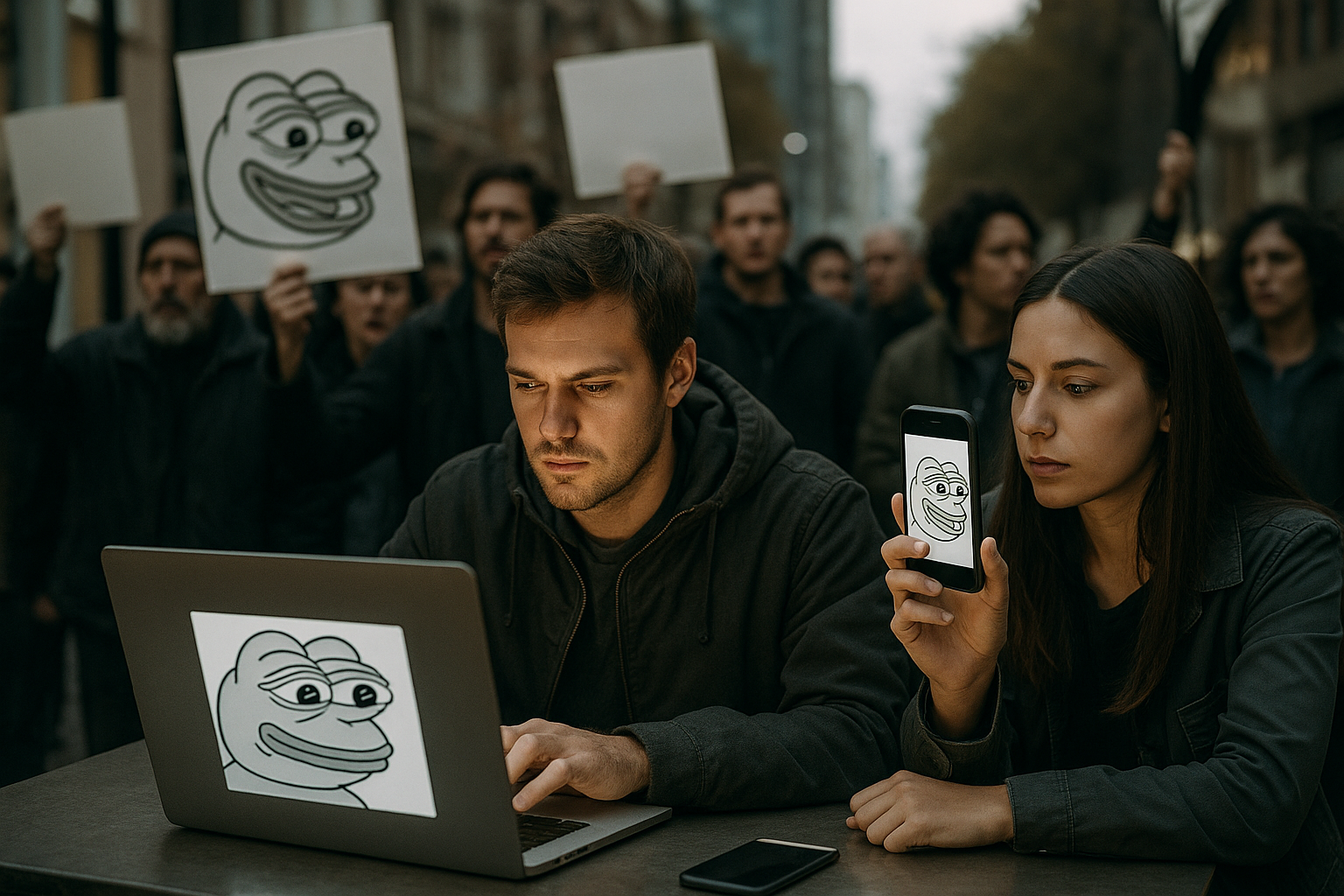The Transformation of Social Narratives in the Age of Memes
Introduction: In the digital era, new forms of communication like memes are shaping our social narratives and influencing societal discourses. This article delves into the sociological implications of this phenomenon. Read below to find out how memes are redefining the way we perceive, process, and participate in social conversations.

The Emergence of Memes as Social Narratives
Memes, in their modern context, originated from the internet, becoming a popular and ubiquitous form of communication in the late 1990s. The term ‘meme’ was coined by Richard Dawkins in his book, ‘The Selfish Gene,’ to refer to a unit of cultural information that spreads from person to person. Over time, memes have evolved from simple text-based jokes to complex, multi-layered digital content, often encapsulating political commentary, social satire, and cultural critique.
Memes and the Cultural Zeitgeist
Memes have become an integral part of the cultural zeitgeist, reflecting and shaping societal trends. They are a form of digital folklore, a snapshot of the collective consciousness at any given time. Their widespread use and rapid dissemination make them a significant barometer of public opinion and societal sentiment. Memes act as a mirror to society, highlighting prevalent attitudes, perceptions, and prejudices.
Memes as Tools of Expression and Protest
Memes have also emerged as potent tools of expression and protest. From the Arab Spring to the recent protests against racial injustice, memes have played a crucial role in mobilizing public opinion and fostering collective action. They allow individuals to express dissent, critique authority, and challenge established norms in a format that is engaging, accessible, and shareable.
The Societal Impact of Memes
The influence of memes extends beyond their role as a communication tool. They are shaping our social narratives, influencing how we perceive and respond to events. Memes can reinforce stereotypes, spread misinformation, or amplify biases. However, they can also challenge prevailing narratives, promote critical thinking, and facilitate dialogue on contentious issues. The power of memes lies in their ability to engage and influence a wide audience, shaping societal discourse in the process.
The Future of Memes in Society
As digital communication continues to evolve, the role of memes in shaping societal narratives is likely to grow. They represent a new form of storytelling, one that is interactive, participatory, and reflective of the digital age. Understanding the sociological implications of memes, therefore, offers valuable insights into contemporary social dynamics and the evolving landscape of human interaction.
In conclusion, memes are more than just internet humor. They are a form of social currency, influencing and reflecting societal trends and cultural shifts. Their impact on social narratives underscores the power of digital communication in shaping our collective consciousness. As we continue to navigate the complexities of the digital age, the study of memes offers a unique lens through which to understand and engage with the changing fabric of society.




